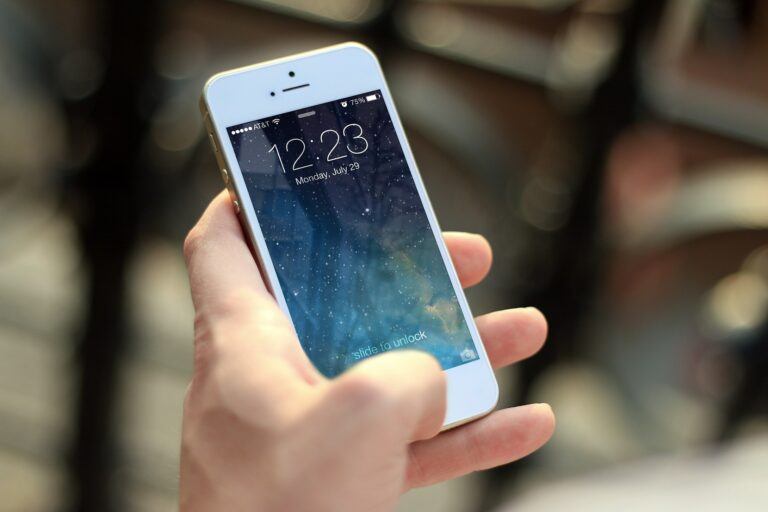On Wednesday (27 June 2018), Ethereum (ETH) co-founder Vitalik Buterin attacked Apple for its “restrictive app store policies” (with respect to cryptocurrency apps).
He started with this tweet:
I don't get why Apple's restrictive app store policies don't get criticized more. One company (with market cap approaching $1 trillion) gets more de-facto filtering power over mobile internet users than many governments, heavily wields it, and so few tech people seem to complain.
— Vitalik “Not giving away ETH” Buterin (@VitalikButerin) June 27, 2018
It seems that Vitalik was referring to Apple’s decision on 11 June 2018 to revise the App Store Review Guidelines in a way that affects cryptocurrency apps across all of its platforms (iOS, macOS, watchOS, tvOS). These are the restrictions relating to cryptocurrencies:
-
“Wallets: Apps may facilitate virtual currency storage, provided they are offered by developers enrolled as an organization.”
-
“Mining: Apps may not mine for cryptocurrencies unless the processing is performed off device (e.g. cloud-based mining).”
-
“Exchanges: Apps may facilitate transactions or transmissions of cryptocurrency on an approved exchange, provided they are offered by the exchange itself.”
-
“Initial Coin Offerings: Apps facilitating Initial Coin Offerings (“ICOs”), cryptocurrency futures trading, and other crypto-securities or quasi-securities trading must come from established banks, securities firms, futures commission merchants (“FCM”), or other approved financial institutions and must comply with all applicable law.”
-
“Cryptocurrency apps may not offer currency for completing tasks, such as downloading other apps, encouraging other users to download, posting to social networks, etc.”
Probably, Vitalik and most other people’s biggest objection to these new guidelines is the banning of on-device crypto mining apps. Apple made its first move against crypto mining apps in March 2018 when it removed an app called “Calendar 2” from the Mac App Store for mining cryptocurrency in the background in exchange for premium features.
User “Garrett Cox” (@MGarrettCox) was the first to reply to Vitalik:
You don’t get why everything doesn’t have decentralized governance and is without censorship? Sigh. You’re better than this.
— Garrett Cox (@MGarrettCox) June 27, 2018
Vitalik tweeted back:
Oh I'm not claiming that zero filtering is optimal. I *am* claiming that corporations get a free pass from the public to an extent that they do not deserve.
— Vitalik “Not giving away ETH” Buterin (@VitalikButerin) June 27, 2018
In a follow-up tweet, Vitalik said that although Apple might be a “higher quality regulator than most” in certain areas, this did not seem to be true with respect to cryptocurrency apps.
As others have commented on Twitter and elsewhere, Apple does not have a monopoly on mobile or desktop devices (less than around 15% worldwide market share for the iPhone and a similar market share for Apple’s desktop/laptop computers), and is free to enforces the rules that it feels will help to provide the best user experience for its customers. Although Vitalik feels that switching to Android is that easy (“‘just switching to Android’ is more difficult than ‘just getting a VPN'”), that might be the best option for him and anyone else who wishes to have complete freedom over the apps they run on their mobile devices.









